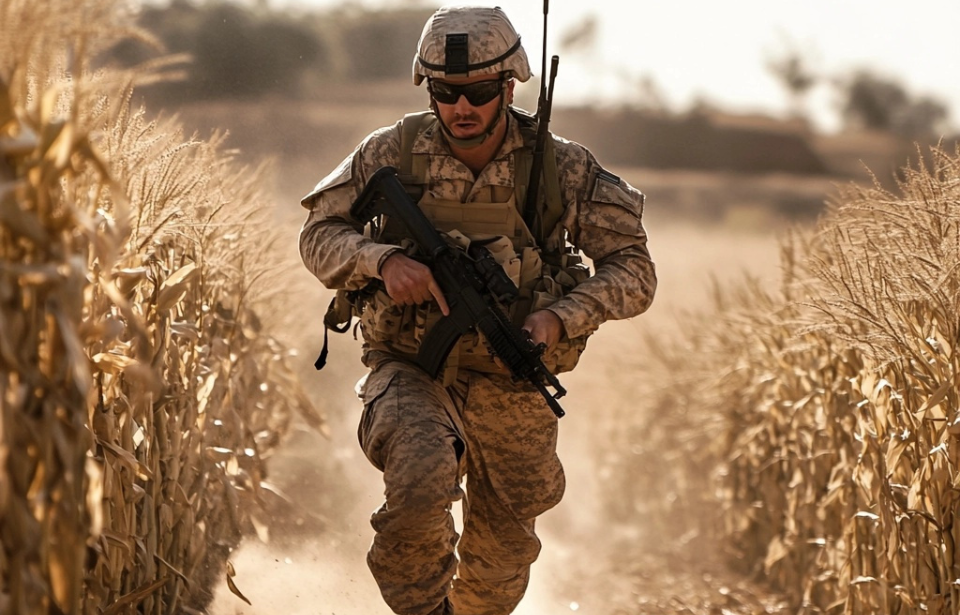Bryan Budd was a professional soldier

Bryan Budd was born in Belfast, Northern Ireland, in 1977, and from an early age, he set his sights on a military career. In 1996, he took the first step toward that dream by joining the Parachute Regiment—one of the British Army’s most distinguished front-line units.
But Budd didn’t stop there. Eager to push himself further, he successfully completed the demanding selection for the Pathfinder Platoon of the 16 Air Assault Brigade. This highly specialized unit, known for conducting deep reconnaissance behind enemy lines, placed Budd at the center of numerous critical missions in conflict zones such as the former Yugoslavia, Sierra Leone, Macedonia, Iraq, and, ultimately, Afghanistan.
Increased Taliban activity in Helmand province
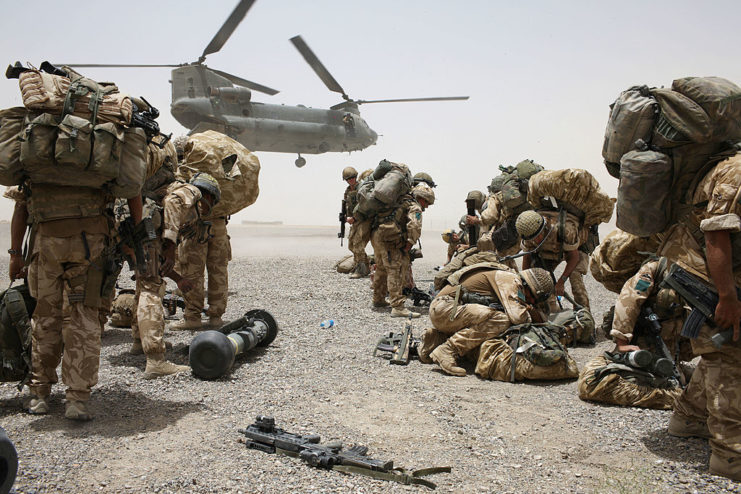
In 2006, Bryan Budd deployed to Afghanistan’s Helmand province with the 3rd Battalion, Parachute Regiment (3 PARA), joining a British task force operating in one of the most volatile areas of the conflict. Sangin, in particular, was infamous for relentless clashes that tested even the most seasoned troops.
As the Taliban grew familiar with Western tactics, they adapted swiftly, moving from distant ambushes to aggressive close-quarters assaults aimed at seizing control of Afghanistan’s remote villages. This shift turned Helmand’s fields and compounds into deadly arenas of combat—settings where survival hinged on split-second decisions.
For Budd, this new reality meant that his final engagements would unfold in places like dense cornfields, where enemies were often just yards away. According to his Victoria Cross citation, his first act of exceptional bravery came on July 27, 2006. During a fierce firefight, Taliban fighters entrenched on a rooftop pinned down his unit, wounding several British soldiers who urgently needed evacuation.
With the situation growing increasingly desperate, Budd made a bold choice: he rose into full view of the enemy and sprinted directly at the building. His unexpected charge shocked the Taliban fighters, forcing them to break cover and flee across open ground. British marksmen seized the moment, eliminating the retreating insurgents and creating a window to evacuate the wounded. This fearless act set the stage for the second heroic deed that would ultimately define his enduring legacy.
Bryan Budd was just five days from home
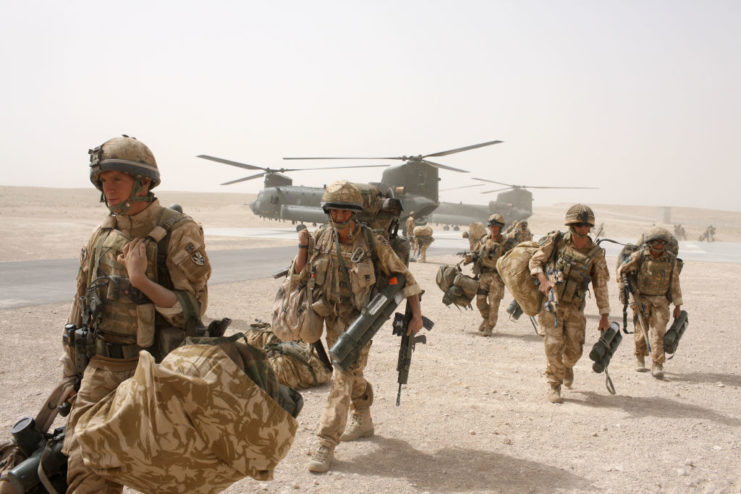
Bryan Budd was supposed to return home on August 25, 2006, but like many in combat zones, his deployment schedule remained uncertain. On August 20, he was in Sangin, a dangerous area where his unit was defending a remote outpost that often came under Taliban attack. Because of the constant threat, the soldiers had to stay sharp and run frequent patrols around the base.
During one of these patrols, Budd led his team through thick vegetation, mostly tall cornfields that made it hard to see ahead. Still, he managed to spot a large group of Taliban fighters just 30 meters in front of them. Hoping to catch the enemy off guard, he moved quickly to flank and strike first.
But before they could act, the Taliban spotted the patrol, and a fierce firefight erupted.
Taliban insurgents versus the British Parachute Regiment
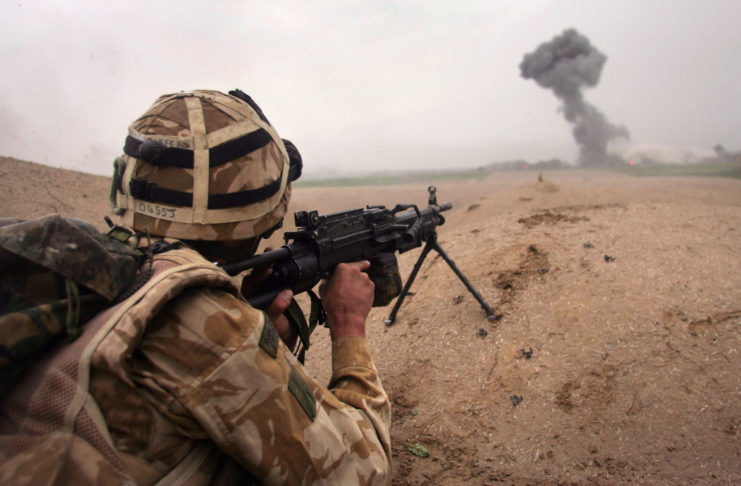
With three of his men wounded, Bryan Budd, once again, recognized the need to regain the initiative and pressed forward with the attack – alone. He rushed through the corn and assaulted the enemy. Despite being wounded in the firefight, he continued the assault, giving his men the cover needed to reorganize.
As a result of this assault, the Taliban militants were silenced and the wounded able to evacuate.
However, there was no sign of Budd as his unit withdrew. He was initially listed as missing in action (MIA) while a quick reaction force assembled to search for him. As the reactionary forces pushed through the vegetation, air power beating back the Taliban, Budd’s body was discovered lying in the field next to three dead insurgents.
Bryan Budd met a tragic end
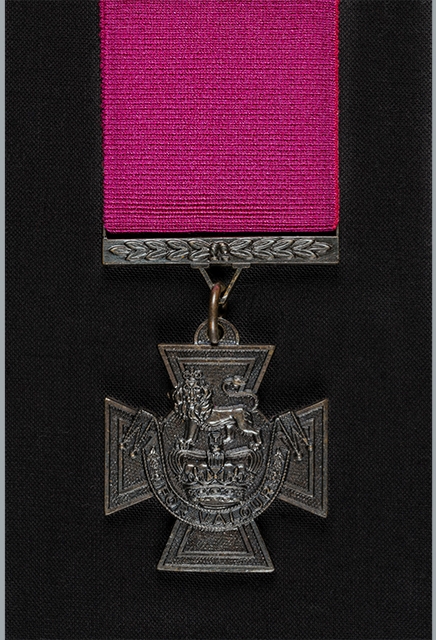
For his actions on August 20, 2006 and a few days prior, Bryan Budd was awarded the Victoria Cross. He was one of less than 20 to receive the honor since the end of the Second World War. A subsequent examination might have proven that the fatal shot came from a 5.56 mm NATO weapon, which indicated friendly fire. However, that only occurred because he saw fit to close in and destroy the enemy.
On not one, but two occasions, Budd deemed it advisable to launch a counterattack and gift violence to the enemy, rather than receive it. An unexpected counterattack disrupts enemy momentum, but often at a great cost to those who pursue it. Budd will rest in the hall of history that recognizes him as a warrior who understood that battle is fought one moment at a time, with little disregard for when you might be going home.
More from us: James Ashworth: The Victoria Cross Recipient Who Gave His Life to Take Out An Enemy Sniper
If it’s indeed the case that Bryan Budd would have returned home with his family in just five days, then history owes him the recognition for conducting such a feat and sacrificing his life for his comrades.
